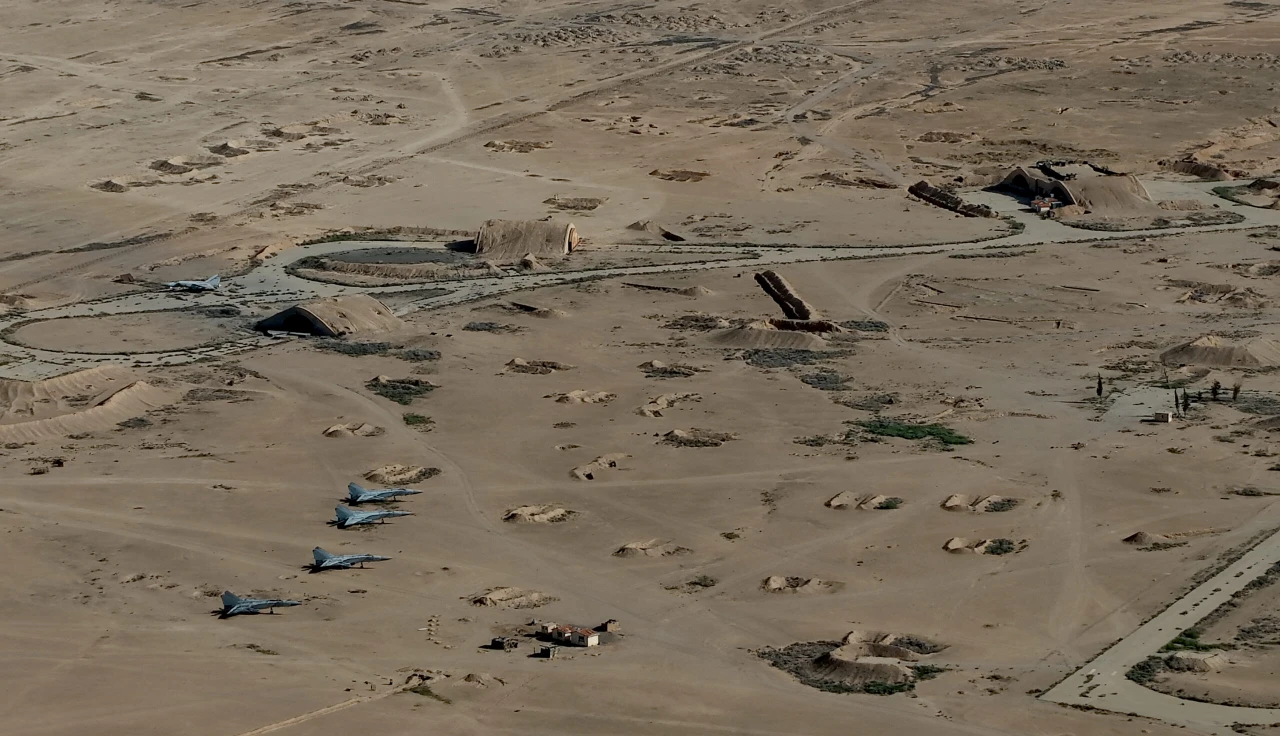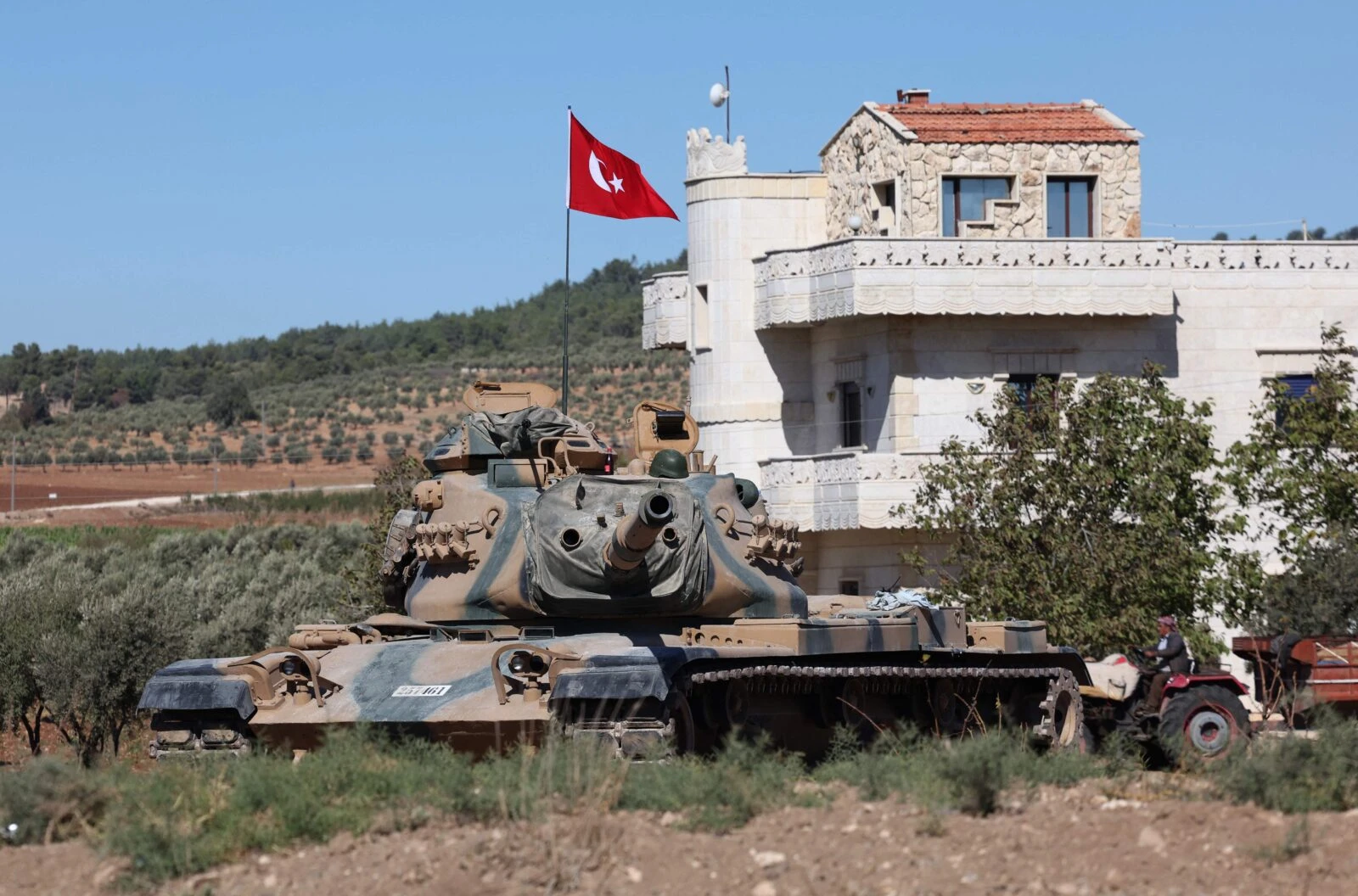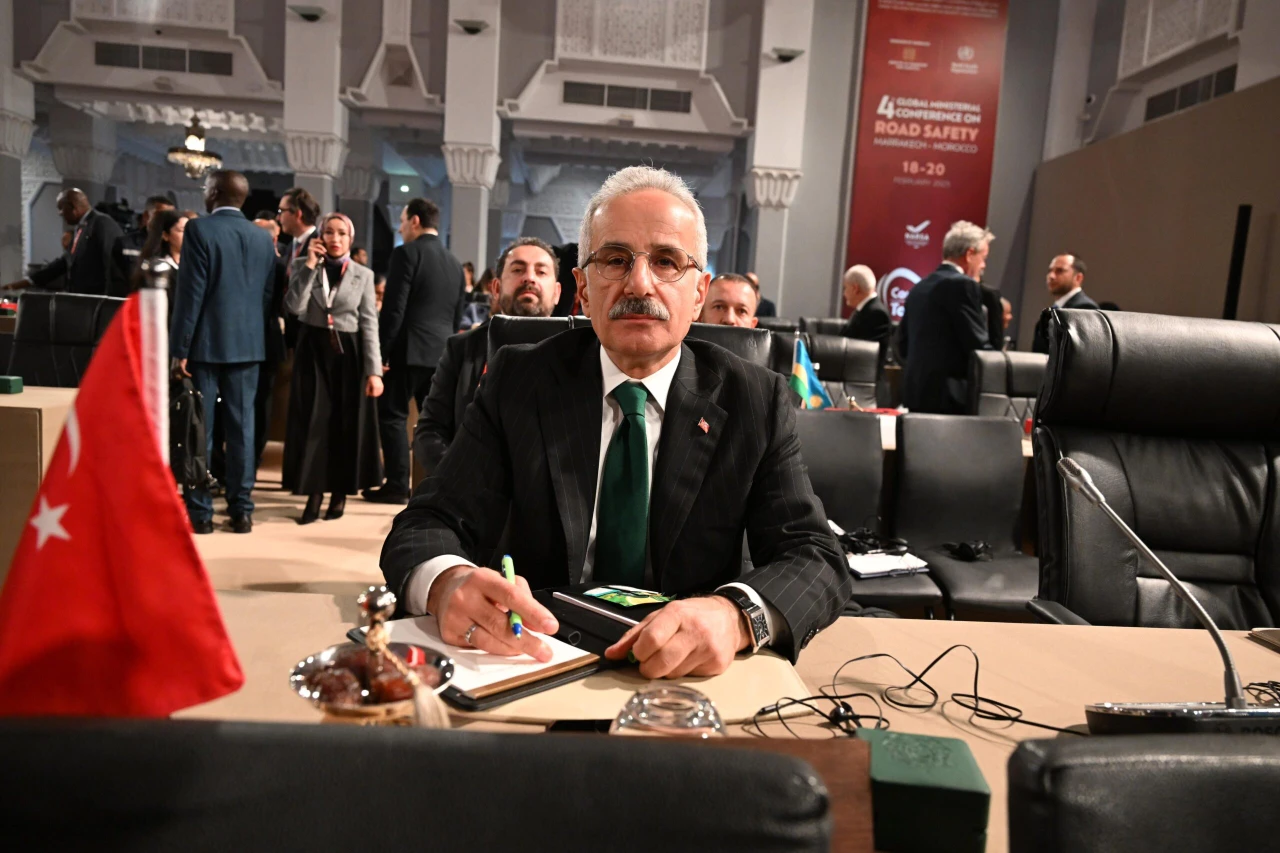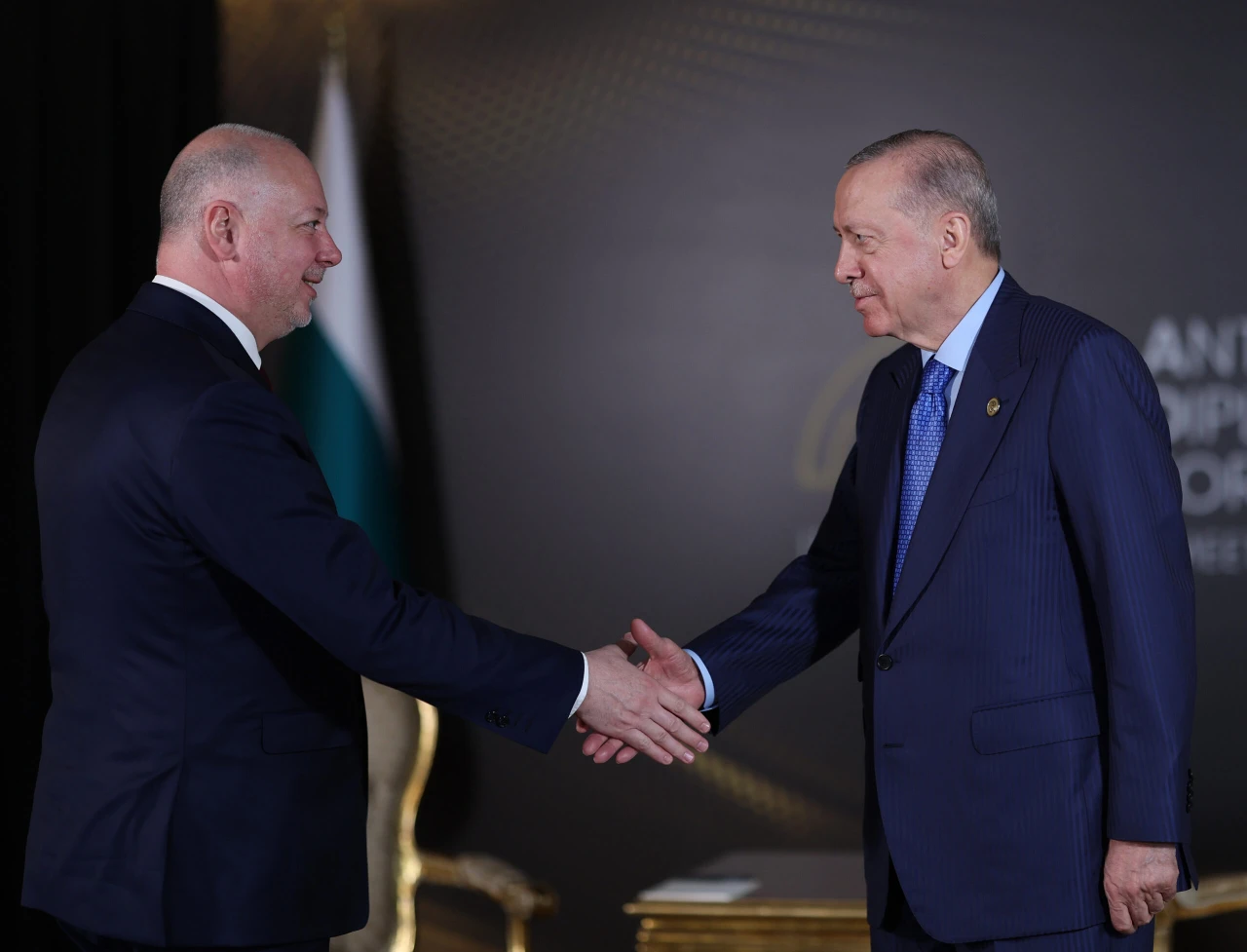Türkiye reportedly blocks Israeli delegation’s plane, forces detour to Azerbaijan meeting
 An aerial view of the T4 Tiyas Airbase, located in Homs Governorate in Syria, accessed on April 10, 2025. (AA Photo)
An aerial view of the T4 Tiyas Airbase, located in Homs Governorate in Syria, accessed on April 10, 2025. (AA Photo)
The first round of talks between Türkiye and Israel regarding the escalating tensions in Syria, which took place in Azerbaijan, ended without an agreement, Israeli media outlet KAN reported.
According to KAN, Türkiye refused to allow the Israeli air force plane, carrying delegates to the meeting in Azerbaijan, to use its airspace and blocked the Israeli delegation’s plane from entering Turkish airspace on its way to the meeting.
The sources familiar with the matter, cited by KAN, claimed that Türkiye’s reluctance to allow the aircraft passage was due to concerns over the ongoing war in Gaza.
However, contrary to KAN’s report, both Israeli and Turkish officials confirmed that they agreed to continue dialogue in order to preserve regional stability following a technical-level meeting in Azerbaijan.
The Israeli Prime Minister’s Office confirmed that delegations from Israel and Türkiye met in Baku to discuss mutual interests, including the establishment of a deconfliction mechanism in Syria aimed at preventing future clashes.
“In line with a directive from Prime Minister Benjamin Netanyahu, a diplomatic-security delegation led by National Security Council Director Tzachi Hanegbi, including senior representatives from the Ministry of Defense and security agencies, met with a Turkish delegation,” the statement read.

Türkiye confirms ongoing efforts
The Turkish Defense Ministry also confirmed the meeting, stating that the purpose of the technical talks was to discuss the establishment of a deconfliction mechanism in Syria.
“The first technical meeting was held yesterday (April 9) in Azerbaijan to establish a deconfliction mechanism to avoid unwanted incidents in Syria. Efforts will continue toward establishing this mechanism,” ministry sources said during a weekly press briefing.
Tensions between Israel and Türkiye have escalated following a series of Israeli airstrikes in Syria, including a recent strike on the Tiyas (T-4) airbase, where Türkiye is reportedly planning to establish a military facility. According to Israeli media outlet Yedioth Ahronoth, Israel aims to maintain air superiority in Syria amid what it perceives as a growing Turkish-backed presence.
On April 2, Israeli warplanes launched airstrikes targeting several sites in Syria’s capital, Damascus, and the western provinces of Hama and Homs. Additionally, the Israeli army conducted a ground offensive in Daraa in southern Syria, where at least nine people were reported killed.
Since the fall of Bashar al-Assad’s regime in December, Israel has expanded its occupation of the Syrian Golan Heights by seizing the demilitarized buffer zone, a move that violated the 1974 disengagement agreement with Syria.
Assad, who had ruled Syria for nearly 25 years, fled to Russia on Dec. 8, ending the Baath Party’s control of the country after more than six decades in power. Ahmed al-Sharaa, who led anti-regime forces to oust Assad, was declared president of a transitional government on Jan. 29.
Azerbaijan emerges as mediator
Azerbaijan has emerged as a mediator, seeking to ease tensions between Türkiye and Israel. President Ilham Aliyev expressed his commitment to fostering normalization between the two nations, underscoring his strong relations with both sides.
As part of these efforts, Turkish and Israeli officials held their first meeting in Baku to establish a deconfliction mechanism in Syria.



